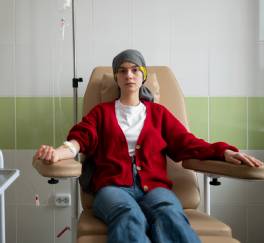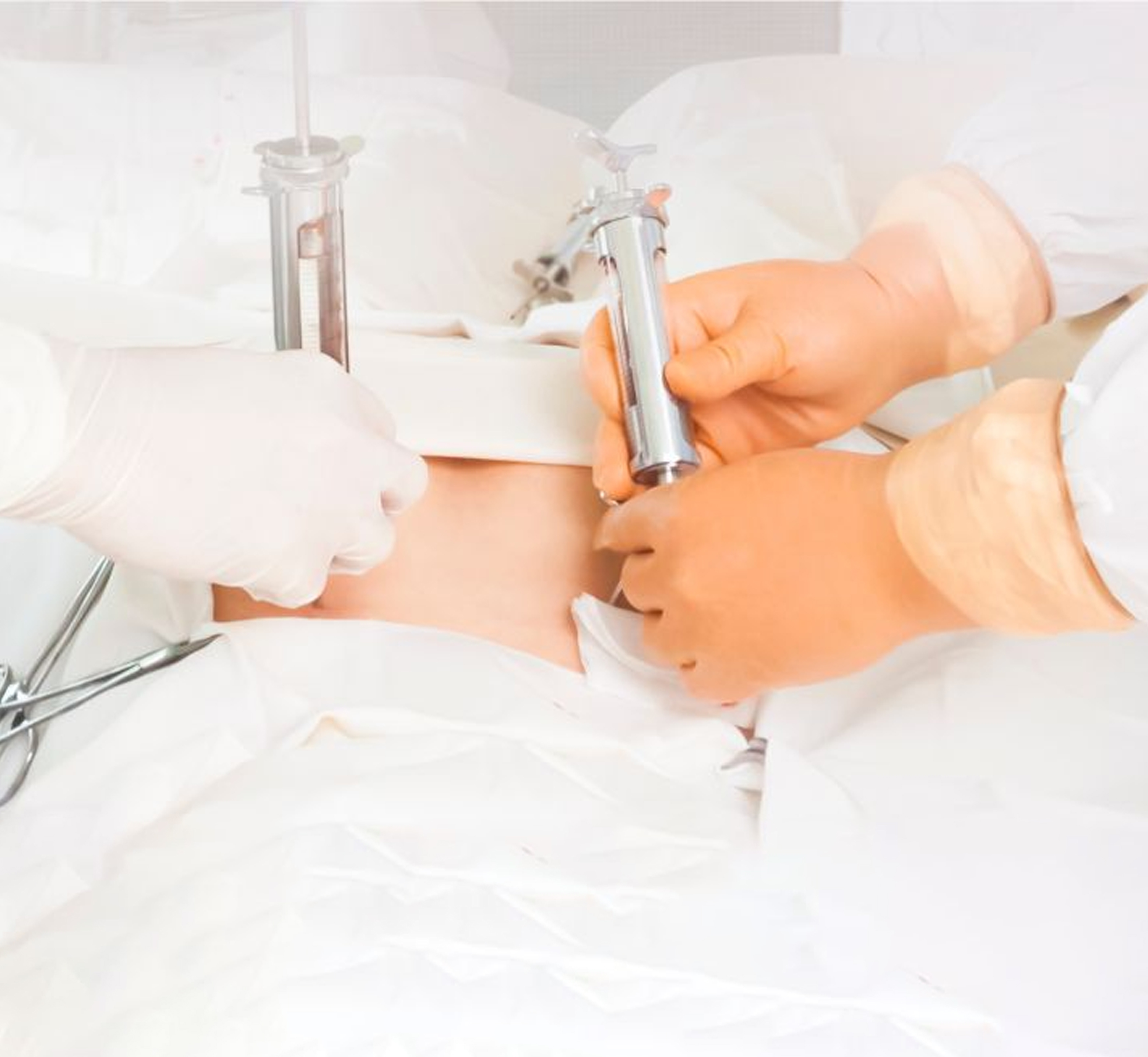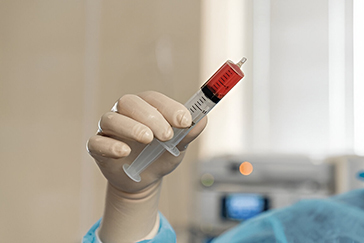 Book Appt.
Book Appt.
 Call Now
Call Now


Introduction
Primary immunodeficiency refers to a group of more than 400 immune-related diseases. These illnesses impede your immune system from working properly. This can increase your susceptibility to infection and certain diseases, such as autoimmune disorders and cancer. Primary immunodeficiency is also known as Primary Immunodeficiency Disease (PIDD) or Inborn Errors of Immunity (IEI). Primary immunodeficiency is caused by genetic mutations, or alterations. They are frequently inherited or passed down within families, but they might appear randomly. Primary immunodeficiency is treated by providers through infection prevention and management, as well as the replacement of missing or malfunctioning immune system components.
Symptoms
Repeated, persistent, or uncommon illnesses that are difficult to treat are frequently the earliest indicators of primary immunodeficiency in many individuals. They may be severe diseases that spread to other family members. Other primary immunodeficiency symptoms include the need for multiple courses of antibiotics to treat infections, problems developing after receiving a live vaccine, an enlarged spleen, swollen lymph nodes, weight loss or poor growth, digestive issues such as chronic diarrhea, and autoimmune diseases.
Causes
Primary immunodeficiency is caused by genetic abnormalities that damage one or more immune-system components, such as cells and proteins. These mutations may cause sections of your immune system to be less active than normal, faulty, or completely absent. In 50% to 60% of cases, primary immunodeficiency is caused by B lymphocyte (B cell) abnormalities. These immune system cells produce antibodies, which are specific proteins in your body. Antibodies are used by your immune system to eliminate pathogens, which are disease-causing agents such as bacteria or viruses.
Diagnosis
Your healthcare professional will make a diagnosis of PIDD based on your personal and family medical history, a physical examination, and laboratory testing. To confirm your diagnosis, your provider may request testing such as blood tests to identify particular immune system problems, genetic tests to detect gene mutations, and flow cytometry, which examines immune system cell samples using a special laser.
Treatment
Primary immunodeficiency treatments include preventing and treating infections, increasing the immune system, and addressing the underlying cause of the immunological disorder. In some situations, primary immunological abnormalities are associated with a serious illness, such as an autoimmune disorder or cancer, both of which require treatment.
Managing infections
Infectious disease treatment. Antibiotics must be administered quickly and aggressively to cure infections. Treatment may necessitate a longer course of antibiotics than is generally provided. Infections that do not respond may necessitate hospitalization and intravenous antibiotics.
Preventing infections. Some people require long-term antibiotics to avoid respiratory infections and lasting damage to their lungs and ears. Children with primary immunodeficiency may be unable to receive vaccines containing live viruses, such as oral polio and measles-mumps-rubella.
Immune globulin treatment. Immunoglobulin is made up of antibody proteins that help the immune system fight infections. It can be injected into a vein using an intravenous (IV) line or placed beneath the skin (subcutaneous infusion). Treatment is required every few weeks, with subcutaneous infusions administered once or twice a week.
Treatment to reinstitute the immune system
Stem cell transplant. Stem cell transplantation is a permanent treatment for various types of life-threatening immunodeficiency. Normal stem cells are given to the person with immunodeficiency, resulting in a normally functioning immune system. Stem cells can be taken from bone marrow or the placenta after birth (cord blood banking).
The stem cell donor, typically a parent or other close relative, must have body tissues that are biologically similar to those of the person with primary immunodeficiency. Even with a favorable match, stem cell transplants are not always successful.
Before transplants, functional immune cells are frequently killed via chemotherapy or radiation, making the transplant recipient momentarily more susceptible to infection.
Gene therapy. This method of treatment entails removing stem cells from a person with primary immunodeficiency, correcting the gene in the cells, and then returning the repaired stem cells to the person via intravenous infusion. Gene therapy eliminates the necessity for a suitable donor because the patient's cells are employed. This medication is now used to treat a small number of primary immunodeficiencies, but clinical trials are planned for many more.
Depending on the type of illness, treatment may include enzyme replacement therapy or thymus transplantation, which is an organ found below the breastbone (sternum) that generates T lymphocytes.
Conclusion
Primary immunodeficiency illnesses (PIDs) are a varied category of conditions characterised by inherent immune system deficiencies that increase susceptibility to infections and associated health consequences. PID care has evolved tremendously, with a variety of therapeutic choices customised to each patient's specific needs.
SHALBY Sanar International Hospitals provides extensive medical procedures backed up with our state-of-the-art technology and a team of highly qualified & experienced clinical experts.
Our doctors pen down their research findings and experiences from time to time. Their words provide deep insight into the latest techniques, technologies and other advancements in healthcare. It provides expert answers to all kinds of health questions for real-life issues.
VIEW ALL



.jpg)
Since the day of its foundation, SHALBY Sanar International Hospitals is committed to provide comprehensive healthcare services. It regularly organizes awareness programs in its premises and encourages outdoor healthcare activities and camps with an intent to put focus on preventive healthcare.
VIEW ALL